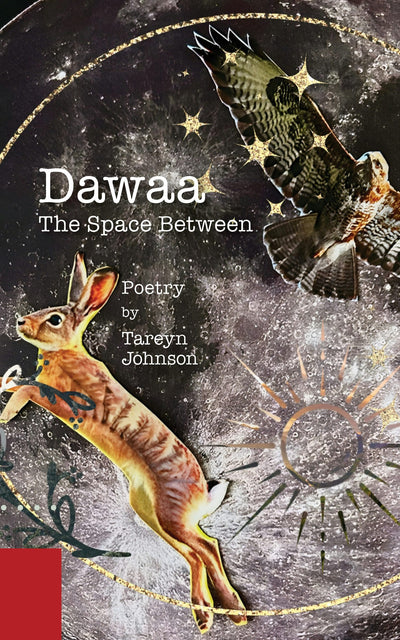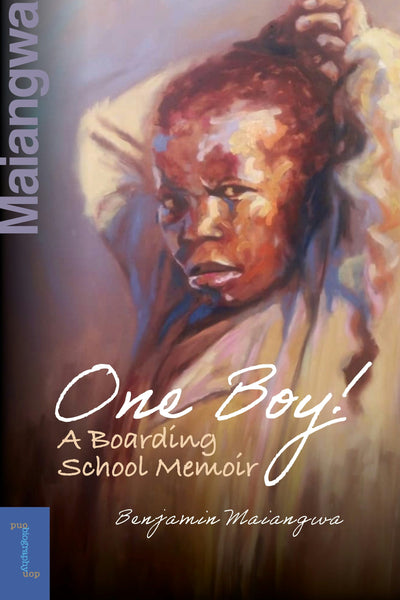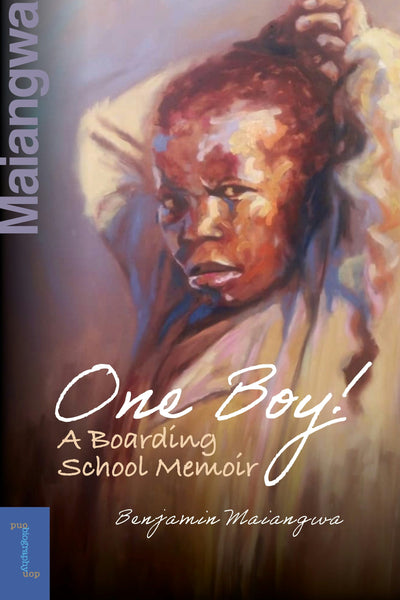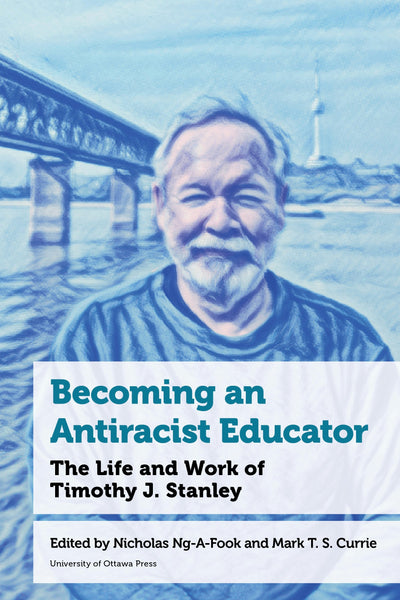You may also like
Lexical Roots of Old Cree
Regular price $59.95 Save $-59.95Lexical Roots of Old Cree: An Etymological Dictionary is the result of over two decades of research on historical and contemporary Cree dialects. Built from extensive linguistic fieldwork with nearly a hundred fluent speakers and supported by lexical databases and textual corpora, it offers a detailed reconstruction of Old Cree roots and their evolution across dialects such as Moose Cree, Southern East Cree, Atikamekw, and Western Innu.
Lexical roots—the smallest meaningful units of words—are central to Cree’s polysynthetic structure, where words can function as entire sentences. By meticulously tracing these roots, this dictionary provides critical insights into how words were formed in Old Cree and how they continue to be structured in modern dialects.
Beyond linguistic reconstruction, this work addresses practical challenges in Cree lexicography, particularly those arising from orthographic variations and dialectal differences. It serves as a valuable resource for lexicographers, linguists, and community members engaged in language preservation and revitalization.
The research draws from historical manuscripts, early dictionaries, and oral traditions, ensuring a comprehensive and evidence-based approach to linguistic analysis. At a time of rapid linguistic erosion, this dictionary not only documents Cree’s rich lexical heritage but also supports ongoing efforts to sustain and strengthen the language for future generations. It stands as a testament to the knowledge generously shared by fluent speakers and to the enduring vitality of Cree linguistic traditions.

Dawaa
Regular price $19.95 Save $-19.95Dawaa: The Space Between celebrates in poetry the tensions and beauty between the two ancestral languages of the author: Ojibwe and English.
As a First Nations woman, Tareyn Johnson grew up without knowing the language of her ancestors. Her grandparents attended residential school, and neither they, nor her mother carried the language. Left with a deep longing desire to embrace Anishnaabemowin (Ojibwe) language, she began her learning journey as an adult.
As the lists of words grew, they began to form visually in the author’s mind. As a result, 26 poems—two for each of the Thirteen Moons—grouped seasonally, beautifully juxtapose Ojibwe and English to express Johnson’s feeling of existing as an Anishnaabekwe in the modern world.
Dawaa is not intended as a didactic tool, or as a language teaching tool. This book of poetry examines the unique experience of walking into worlds, speaking and learning two languages, and relating the two ways of knowing in a liminal space… the space between.
nanda-gikendan—seek to know it, seek to learn it.

One Boy!
Regular price $54.95 Save $-54.95One Boy! is an emotionally charged—at times even humorous—coming-of-age narrative. In this debut work of creative non-fiction, Benjamin Maiangwa draws readers into the intimate interior of a boy navigating the delicate space between youthful innocence and the harsh realities of a Catholic boarding school.
The story traces a young man's journey through the tangled terrain of love, loss, and self-discovery. Set against the backdrop of cultural expectations and religious doctrine, the protagonist endures betrayal, bullying, and the fragile beauty of friendship. As he matures within the strict confines of the boarding school and the religious hostilities of the outside world, he arrives at a moral crossroads: should he uphold the Judeo-Christian values of forgiveness instilled in him—or yield to the seductive pull of revenge?
One Boy! is more than a story of survival; it is a meditation on what it means to remain whole in a world that so often insists you break. In the end, the question isn’t just what the boy will choose—but what we would choose in his place.

One Boy!
Regular price $34.95 Save $-34.95One Boy! is an emotionally charged—at times even humorous—coming-of-age narrative. In this debut work of creative non-fiction, Benjamin Maiangwa draws readers into the intimate interior of a boy navigating the delicate space between youthful innocence and the harsh realities of a Catholic boarding school.
The story traces a young man's journey through the tangled terrain of love, loss, and self-discovery. Set against the backdrop of cultural expectations and religious doctrine, the protagonist endures betrayal, bullying, and the fragile beauty of friendship. As he matures within the strict confines of the boarding school and the religious hostilities of the outside world, he arrives at a moral crossroads: should he uphold the Judeo-Christian values of forgiveness instilled in him—or yield to the seductive pull of revenge?
One Boy! is more than a story of survival; it is a meditation on what it means to remain whole in a world that so often insists you break. In the end, the question isn’t just what the boy will choose—but what we would choose in his place.

Becoming an Antiracist Educator
Regular price $71.95 Save $-71.95Becoming an Anti-racist Educator honours the profound influence of Dr. Timothy J. Stanley, a trailblazing historian whose work has transformed how we understand racism, racialization, and historical consciousness in Canada. This timely volume brings together scholars, educators, and activists to reflect on how Stanley’s scholarship and mentorship have shaped their own commitments to antiracist education.
Spanning generations and disciplinary backgrounds, the contributors offer deeply personal and politically grounded reflections that connect Stanley’s insights to the pressing realities of our time—from the toppling of colonial statues to the resurgence of anti-Asian racism and the uncovering of unmarked graves at residential school sites. Together, they demonstrate that antiracist teaching is not just about critiquing systems, but about reimagining relationships to land, history, and each other.
Organized into three thematic sections—Shaping Anti-racist Approaches, Doing History Differently, and Mentorship—the collection culminates in a powerful epilogue by Dr. Stanley, whose voice continues to guide conversations on justice, equity, and historical accountability.
This book is an essential resource for educators, scholars, and community members committed to interrupting racism in schools, museums, universities, and beyond. It offers not only an archive of Stanley’s impact but a roadmap for those seeking to carry his work forward in urgent and transformative ways.

Becoming an Antiracist Educator
Regular price $41.95 Save $-41.95Becoming an Anti-racist Educator honours the profound influence of Dr. Timothy J. Stanley, a trailblazing historian whose work has transformed how we understand racism, racialization, and historical consciousness in Canada. This timely volume brings together scholars, educators, and activists to reflect on how Stanley’s scholarship and mentorship have shaped their own commitments to antiracist education.
Spanning generations and disciplinary backgrounds, the contributors offer deeply personal and politically grounded reflections that connect Stanley’s insights to the pressing realities of our time—from the toppling of colonial statues to the resurgence of anti-Asian racism and the uncovering of unmarked graves at residential school sites. Together, they demonstrate that antiracist teaching is not just about critiquing systems, but about reimagining relationships to land, history, and each other.
Organized into three thematic sections—Shaping Anti-racist Approaches, Doing History Differently, and Mentorship—the collection culminates in a powerful epilogue by Dr. Stanley, whose voice continues to guide conversations on justice, equity, and historical accountability.
This book is an essential resource for educators, scholars, and community members committed to interrupting racism in schools, museums, universities, and beyond. It offers not only an archive of Stanley’s impact but a roadmap for those seeking to carry his work forward in urgent and transformative ways.







